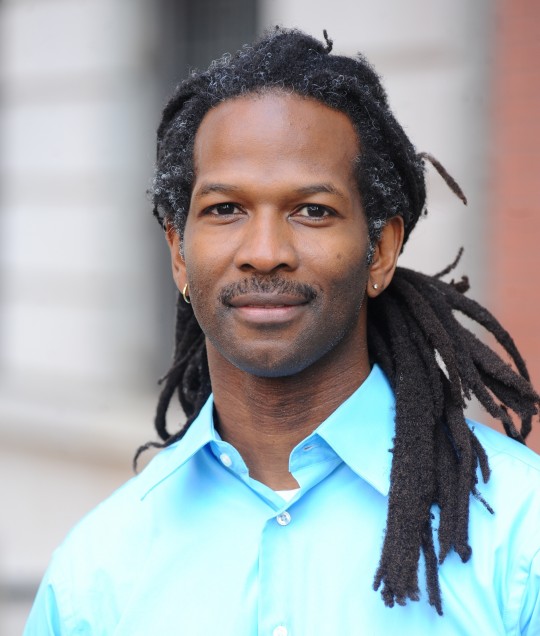Falling through the cracks: addiction revisted
Thanks for the crac-I mean cake!
High Price is the most recent book from Carl Hart about the underlying causes of drug addiction. The text, which is written as a combination of personal memoir and scientific review, uses the author’s research to back the idea that the physiological basis of drug addiction isn’t so much to blame as the sociological conditions in which abusers find themselves. Dr.Hart is a professor of neuroscience at Columbia University, who, having seen the first-hand effects of crack-cocaine addiction in the lives of those around him throughout his childhood in Miami, dedicated his career to attempting to elicit the underlying causes of what he observed. What he found surprised even him.
Dr. Hart began as an undergraduate, doing research on rats self-administration of cocaine. Initially, he saw the rats dose themselves to death, unable to resist the drug’s allure. What he noticed, however, was that when rats had an ‘enriched’ environment, they were able to ignore the drug for other rich stimuli, namely the presence of a fellow rodent to play with, a wheel to run on, or tasty treats to snack on. He then applied this line of thought to human subjects. In Dr. Hart’s experiment, crack-cocaine users, who were not seeking rehabilitation, were recruited to live in a hospital setting where every day they were given a sample of the drug (the dose of which was varied day-to-day and unknown to the subjects), followed by the choice of a monetary reward (which they would collect at the end of the study) or the option to continue smoking crack. Contrary to the societal belief that in their desire for the drug, crack addicts are beyond rational thought, the subjects made predictable and logical decisions in their daily choice. When the initial dose was fairly small, the monetary reward was reliably chosen over continuing to use the drug. What Dr. Hart concluded from these results was that addicts, in the right setting, can weigh the prospect of using the drug equally with gaining benefits that are only rewarded further in the future. What he drew from that idea was that perhaps the evidence we see of drug addiction in our culture is more heavily influenced by the situations surrounding those people rather than the actual physiological basis itself.
I found Dr. Hart’s research to be extremely compelling because in most human controlled studies of addiction, there is no control group for the sociological setting of the addicts themselves. This would require giving drugs to people from varied socioeconomic, geographic and psychosocial backgrounds, which is clearly not IRB favored science. Dr. Hart’s experiments underscore this truth, by exposing the differences between the hospital and street settings in the context of drug use. Dr. Barak Caine, professor of Drugs and Behavior (NE333) at BU, commented on Dr. Hart’s work by saying, “I think his viewpoint is very interesting, and that it is more sociology and politically based than scientifically.” While some key elements of experimental design are perhaps lacking, I think Dr. Hart’s work is an excellent first step in leading the field of addiction research to more holistically themed hypotheses. The entanglement of chicken and egg in this conundrum is near futile, but tactics that question their existence are the signs of progress.
Rachel Franklin
Sources
_________________________________
The Rational Choices of Crack Addicts – NY Times
personal correspondance
pictures:
http://www.columbia.edu/cu/psychology/fac-bios/HartC/HartPhoto.jpg
http://www.cakewrecks.com/home/2009/4/22/well-cake-is-my-drug-of-choice.html?currentPage=2

